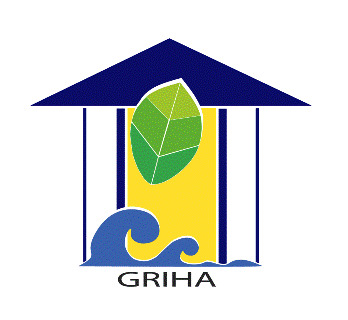Green Rating for Integrated Habitat Assessments (GRIHA) Large Developments and Cities
Organization
Type(s) of Tool
Sector(s)
Lifecycle Phase(s)
Open Source
Language Availability
Country of Origin
Date of Development
Version
Description
The Green Rating for Integrated Habitat Assessment (GRIHA) is India’s national framework for the assessment of environmental impacts of built environments with an individual version applying to large developments (>50Ha) (GRIHA-LD) and one for Cities. For both versions, the net impact of built environments on quantitative and qualitative parameters is totaled and compared against a rating table, resulting in a sustainability certification. Thereby, the tool aims to support the reduction of detrimental impacts of built environments on ecological cycles and surroundings.
Tool Outcome
Depending on the total point score, projects receive a sustainability rating of one to five stars.
Sustainability Criteria
The sustainability of large developments is assessed across a broad set of criteria clustered in six categories:
– Site planning
– Energy
– Water and wastewater
– Solid waste management
– Transport
– Social
For cities, the sustainability is assessed across six categories:
– Smart governance (4 criteria)
– Water supply & management (3 criteria)
– Sanitation & municipal solid waste management (3 criteria)
– Sustainable mobility (5 criteria)
– Energy optimization & management (5 criteria)
– Quality of life (4 criteria)


